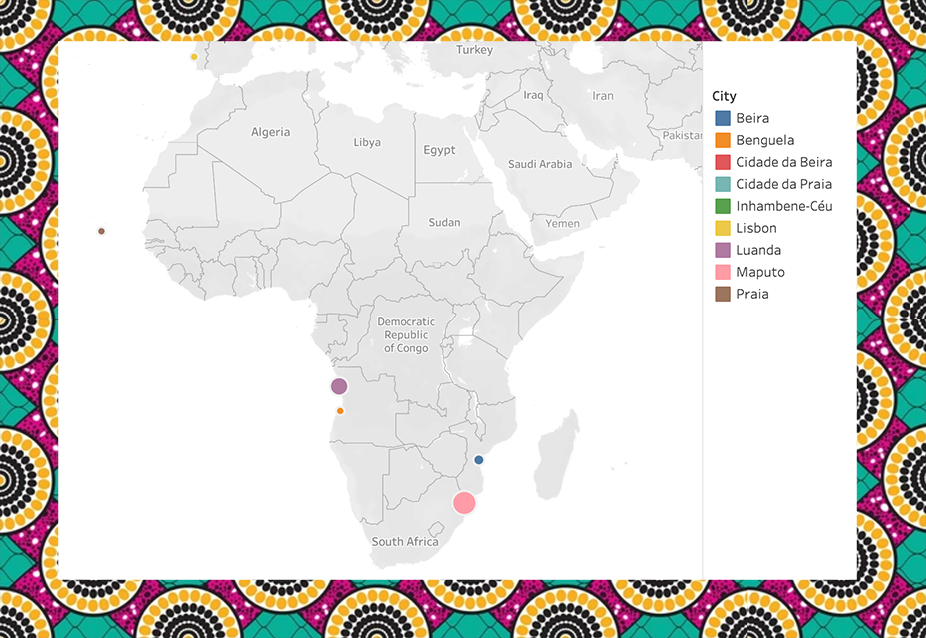
More than 80 works of literature from Angola, Cabo Verde, and Mozambique arrived in Doe Library last week. This selection of poetry, short stories, and novels in Portuguese was made possible through a generous 3-year grant from the Fundação para a Ciência e a Tecnologia (FCT) in Lisbon. The absence of Lusophone African literature from mainstream African literary studies (mostly in English and French) has been noted by contemporary scholars. These new works of post-colonial fiction and verse listed below are held by few academic libraries and reflect the UC Berkeley Library’s longstanding commitment to collect and make accessible underrepresented voices from across the world in more than 400 distinct languages. Please enjoy this curated list by book dealer Susanne Bach Books which provides a snapshot of the rich literary output from Lusophone Africa over the past three years:
100 poemas para Neto / Poetas da União dos Escritores Angolanos. Luanda, Angola: EAL – Edições de Angola, 2022.
A greve das palavras: contos juvenis / Celso Celestino Cossa. Cidade da Beira, Moçambique : Editorial Fundza, 2024.
A intimidade das sementes: narrativas / Amílcar Armando Raja. Maputo, Moçambique: Gala-Gala Edições, 2024.
A queda do Macombe Chipapata: tramas e revoltas / Celestino Joanguete. Maputo, Moçambique: Ethale Publishing, 2024.
Almas em tácitas / Lino Mukurruza. Maputo, Moçambique: Alcance Editores, 2023.
Amei para me amar / Nyeleti. Inhambene do Céu, Moçambique: Massinhane Edições, 2024.
Amores da província: 3 novelas / Benjamim Pedro João. Maputo, Moçambique: Edições Tarymba, 2022.
Amores e outras cores / Armindo António. Maputo, Moçambique: Catalogus, 2024.
Antologia mulheres e seus destinos / vol. IV :coord., org. Lena Marçal. Cidade da Praia, Cabo Verde :[s.n.], 2024.
As coisas do morto / Francisco Guita Jr. Maputo, Moçambique: Gala-Gala Edições, 2024.
As peripécias de Caia: I volume da trilogia / Benjamim Pedro João. Maputo, Mozambique: Edições Tarymba, 2024.
Até depois da solidão: o diário de Ricardo / Nunes Cristovão; Osvaldo dos Anjos (Exilado). Maputo, Moçambique: Ntxuva Editora, 2023.
Boleia à chave da felicidade / Roberto Savanguanni. Cidade da Beira, Moçambique:Editorial Fundza, 2023.
Canção de setembro para Zamuzaria Maria / Rafael da Câmara. Maputo, Moçambique:Gala-Gala edições, 2023.
Criação do fogo / Álvaro Fausto Taruma.Maputo, Moçambique: Alcance Editores, 2024.
De neve e de bruma = Di nevi i di serason / José Luiz Tavares; ilustrações de Yuran Henrique.Kabuverdi: Gongon Cartoneira, 2022.
Dedicatória: as minhas experiências mais gratificantes e as que não me orgulho / Abilito O Negro. Chimoio, Moçambique: Sguerra DEsign, 2022.
Deixa-me escrever-te / Timóteo Papel. Cidade da Beira, Moçambique: Fundza, 2023.
Delírios matinais / Emerson D’ Oliveira.Maputo, Moçambique: Edição de autor, 2022.
Dias rasgados ao meio / Jorge de Oliveira. Maputo, Moçambique: Alcance Editores, 2023.
Dicionário de pequenas solidões / Ronaldo Cagiano. Maputo, Moçambique: Catalogus, 2024.
Escritores emergentes de Moçambique (antologia) / Benjamim Pedro João. Maputo, Moçambique: Edições Tarymba, 2022.
Estórias trazidas pela ventania / Adelino Albano Luís. Cidade da Beira, Moçambique: Editorial Fundza, 2023.
Eterno cacimbo / Mavu Keyambata. Luanda: Palavra e arte, 2023.
Eu te amo, tu és linda! Josina Costa Viegas. Maputo, Moçambique: Alcance Editores; Clube de Leitura de Qualimane, 2024.
Filosofar dos Corpos / Atanásio Mutoropa. Beira: Fundza, 2024.
Fui para dentro de mim e não voltei / Mauro da Silva. 2ª ed. Inhambene-Céu, Moçambique: Massinhane Edições, 2024.
Geba: onde o Tâmega desaguou no Índico / Miguel César. Maputo, Moçambique: Fundação Fernando Leite Couto, 2022.
Ginástica nictofóbica da terra / Wilton dos Zicas. Maputo, Moçambique: Alcance Editores, 2023.
Há exorcismos em Njofane / Vitorino Ubisse Oliveira. Inhambane, Mozambique: Massinhane, 2023.
Incêndios à margem do sono / Óscar Fanheiro. Maputo, Moçambique: Fundação Fernando Couto, 2023.
Kwashala blues / Jessemusse Cacinda. Maputo, Moçambique: Ethale, 2023.
Lesões da memória / Ernesto Maluleque Júnior. Maputo, Moçambique: Ethale Publishing, 2024.
Makhalelo: cocktail de crónicas / Adriano Félix. Maputo, Moçambique: Editorial Fundza, 2022.
Mandume: o rei de Oukwanyama / Cigano Satyohamba. Luanda, Angola: Edição do autor, 2021.
Masika: o intuitivo / A’mosi Just A Label. Luanda, Angola: Konono Soul Books, 2023.
Masingita ou a subtileza do incesto / Juvenal Bucuane. Cidade da Beira, Moçambique: Editorial Fundza, 2022.
Memória subterrânea / Mudungazi. Maputo: Editora Kulera, 2024.
Meninas do crepúsculo Leste / Cecília António Moreira. Luanda, Angola: Editora Acácias,2024.
Mulher e marido / Manuel Rui. Luanda, Angola: Mayamba Editora, 2024.
Mutiladas / Eduardo Quive. Maputo, Mozambique: Editora Catalogus, 2024.
Nas areias do tempo / Luís Cezerilo. Maputo, Moçambique: Editora Lithangu, 2024.
Navegar. Amor. Café. /Ruben Morgado. Maputo, Moçambique: Catalogus, 2024.
Névoa na sala/ Mélio Tinga. Maputo, Moçambique: Catalogus Editora, 2024.
Novas vozes, novas estórias / Abrahama Zacarias Noé. Maputo, Moçambique: Catalogus, 2024.
Nunca me abandones / Alcides Simões. Praia, Cabo Verde: Livraria Pedro Cardoso, 2023.
O amor de uma prostituta / Flora Salvador. Luanda, Angola: É Sobre Nós Editora, 2023.
O Amor que há em ti / Larsan Mendes Beira: Editorial Fundza. 2022.
O amor, o gato preto e outras insónias / José Pedro Pinto Lobo. Maputo, Moçambique: Alcance Editores, 2024.
O descalço dos murmúrios / Gibson João. Maputo, Moçambique: Fundação Fernando Leite Couto, 2023.
O endereço para dentro do segredo / Baptista Américo. Cidade da Beira, Moçambique: Editorial Fundza, 2024.
O galo cantou na baía… :(e outros contos cabo-verdeanos) / Manuel Lopes. Praia, Cabo Verde: Instituto da Biblioteca Nacional de Cabo Verde, 2023.
O Inventário da Memória: Ensaios/ José dos Remédios (org). Beira, Moçambique: Fundza, 2024.
O lado sujo da metáfora / Jeconias Mocumbe. Maputo, Moçambique: GalaGala Edições, 2024.
O louco que habita em nós: perversão por detrás da aparência / Catarino Luamba. Luanda: Kilunji, 2024.
O manual das mãos / Eduardo White. Maputo, Moçambique: Alcance, 2022.
O retrato dos demónios / Naji Sacaúnha.Inhambene-Céu, Moçambique: Massinhane Edições, 2024.
Observador de sonhos / Bruno Morgado. Maputo, Moçambique: Catalogus, 2024.
Orera: um conto de amor e honestidade / Hélder Tsemba. Cidade da Beira, Moçambique: Editora Fundza, 2023.
Os bichos têm dono: estórias verídicas / Almiro Lobo. Maputo, Moçambique: Alcance Editores, 2024.
Os funerais de Manguituka, o terrível bandido e outros mambos / Albino Carlos.Luanda, Angola: Editora Acácias, 2023.
Os heróis que não sabiam voar /Honório Quimbuari. Luanda, Angola: Imprensa Nacional, 2023.
Os lobos não podem esperar / Natacha Magalhães. Praia, Cabo Verde: Pedro Cardoso Livraria,2022.
Os pores-do-sol / Lahissane. Maputo, Moçambique: Ethale Publishing, 2022.
Os últimos animais / Whaskety Fernando. idade da Beira, Moçambique: Editora Fundza, 2023.
Pedaços da eternidade / Piedade Manuel. Benguela, Angola: Editora Shalom, 2024.
Peneiras de poalha / Humberto Santos. Cidade da Praia, Cabo Verde: Livraria Pedro Cardoso, 2023.
Pétalas negras: ou a sombra do inanimado / Belmiro Mouzinho. Cidade da Beira, Moçambique: Fundza, 2022.
Pita kufa: o leito da morte / Carlos Paradona Rufino Roque. Maputo, Moçambique: Alcance Editores, 2024.
Poemas de infância e o reencontro com o passado – presente / Joaquim Nhampoca.Maputo, Moçambique: Edição de Autor, 2022.
Poemas do breve / Lex Mucache. Beira; Fundza, 2024.
Quando os mochos piam: contos / Geremias Mendoso. Maputo, Moçambique: Fundação Fernando Leite Couto, 2022.
Quarentena /Jorge Ferrão. Maputo, Moçambique: Alcance editores, 2024.
Raízes e gritos / Lorna Zita. Maputo, Moçambique: Editora Kulera,2023.
Saudades do ventre da minha mãe / Márcio Batalha. Luanda, Angola: Editora Acácias, 2022.
Siavuma 100 anos / org. Ricardo Santos. Maputo: Alcance editores, 2024.
Singularidades IV: estudos africanos / Lourenço Rosário. Maputo, Moçambique: Alcance Editores, 2024.
Sonata de uma nação vagabunda / Mudungazi.Maputo, Moçambique: Editora Kulera, 2024.
Sopro / Nelson Lineu. Maputo, Moçambique: TPC Editora, 2023.
Tanto amor / Kaya M. Maputo, Moçambique: Editora Kulera, 2023.
Te amo mecanicamente / Marco Lole de Andrade. Songo, Moçambique: Soletra Editora, 2022.
Uma onça na cidade / Deusa D’África. Maputo, Moçambique: Alcance editores, 2024.
Verdades dos mitos / Hélder Muteia. Maputo, Moçambique: Alcance Editores, 2023.
Yolela / Zaki Wamai. Luanda, Angola: É Sobre Nós Editora, 2024.
Zero sobre zero: o espião que veio de Kigali / Aurélio Furdela. Maputo, Moçambique: Alcance Editores, 2024.
Zeus, quando é cão / Francisco Muianga. Beira, Moçambique. Editorial Fundza 2022.
 Visit the Iberian Studies library research guide for more books about Luso-African Literature and Criticism.
Visit the Iberian Studies library research guide for more books about Luso-African Literature and Criticism.

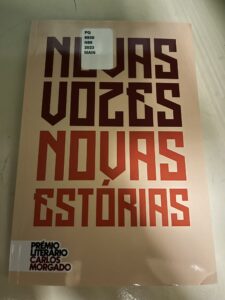
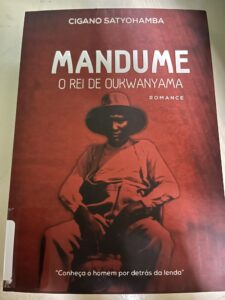




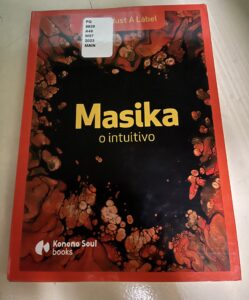



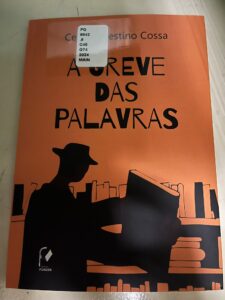










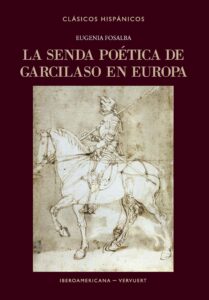
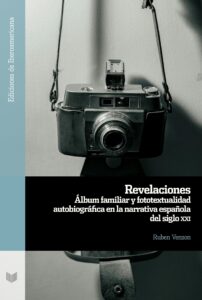






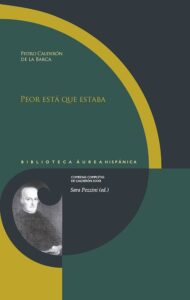
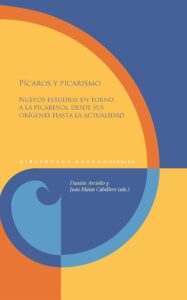










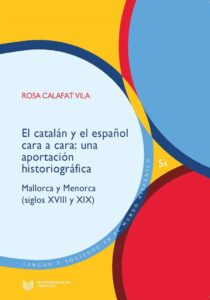





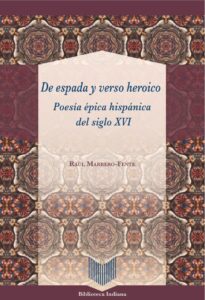






![Title: V mīri͡e musulʹmanstva:ezhenedelʹnai͡a, literaturnai͡a, politicheskai͡a i obshchestvennai͡a gazeta.<br />Date: 1911<br />
Date in Source: [1911-1912]](https://update.lib.berkeley.edu/wp-content/uploads/2025/01/Screenshot-2025-01-08-105604.jpg)
![A Collage of pages of Codex Mendoza. The Codex Mendoza is an Aztec codex, believed to have been created around the year 1541.[1] It contains a history of both the Aztec rulers and their conquests as well as a description of the daily life of pre-conquest Aztec society. The codex is written using traditional Aztec pictograms with a translation and explanation of the text provided in Spanish. It is named after Don Antonio de Mendoza (1495-1552), the viceroy of New Spain, who supervised its creation and who was a leading patron of native artists.](https://update.lib.berkeley.edu/wp-content/uploads/2025/01/imgonline-com-ua-twotoone-Ddaw07KdHVpPXVF-scaled.jpg)



